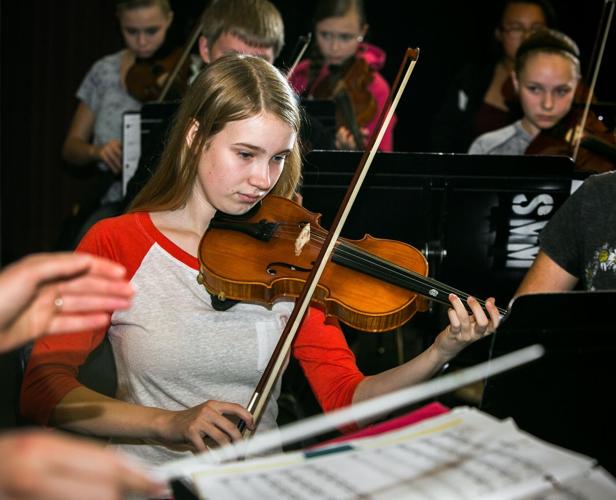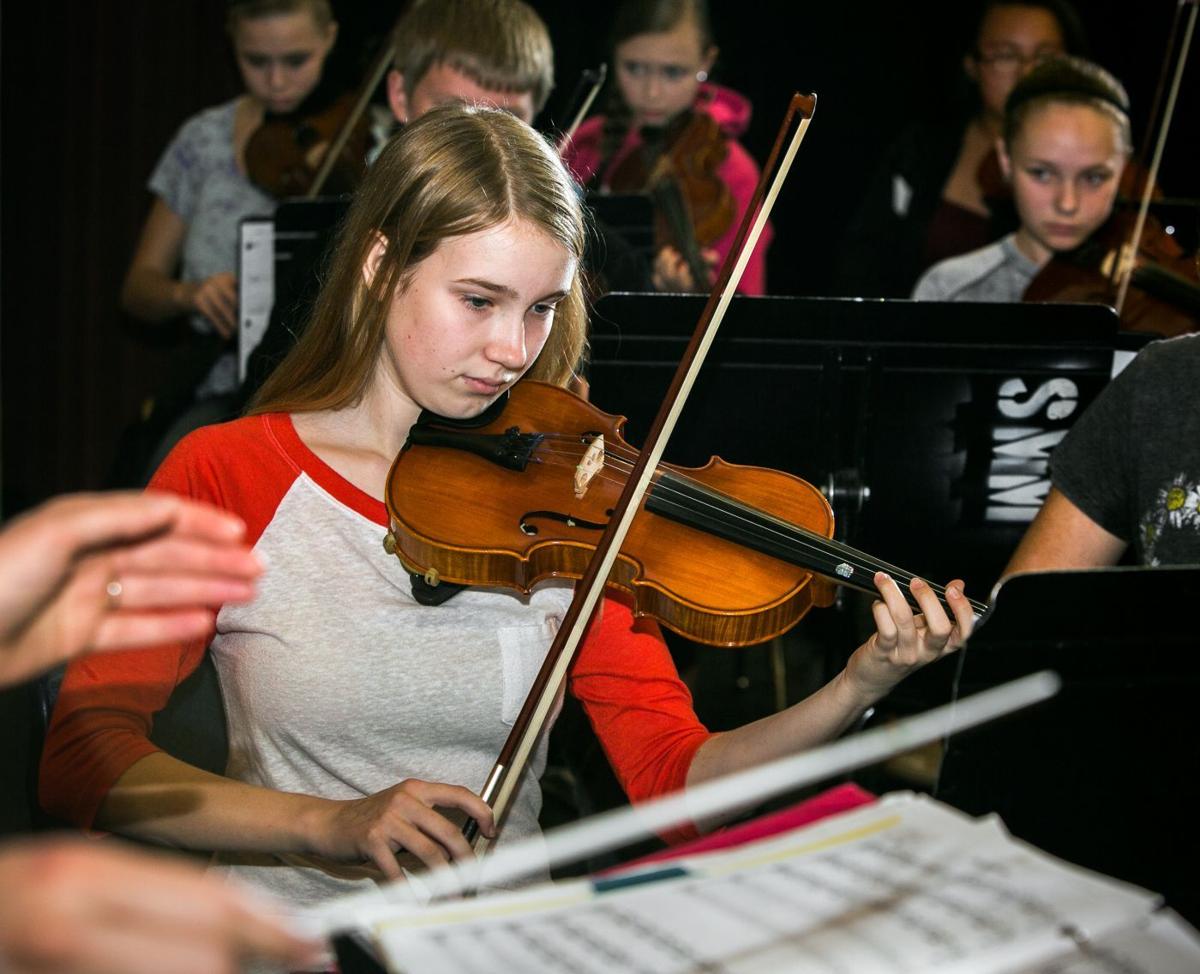Just a few weeks after Kayla Baker turned 3, she slipped from a chair and hit her leg. It was a typical toddler fall that hugs and kisses should have easily soothed.
Instead, there was prolonged crying and swelling in her knee that set in quickly, then subsided just as fast.
Their daughter seemed fine afterward, so Amy and Jeff Baker waited on a doctor’s visit. But when Kayla woke up the next morning, her knee was so swollen and sore she couldn’t put any weight on her leg.
A few doctor visits later, they heard the diagnosis from Tucson rheumatologist Deborah Jane Power: juvenile polyarticular arthritis.
The 10 years since have included countless visits with “Doctor Jane,” and experiences that have taught them about their daughter’s determination, their family’s resiliency and a disease that afflicts about 300,000 children nationwide.
On Saturday, Doctor Jane and Kayla, now 13, will be honorees at the 2015 Jingle Bell Run/Walk for Arthritis at Reid Park. The pair are being recognized for helping raise awareness and funds on behalf of children with arthritis.
There are seven kinds of juvenile arthritis and Kayla has one of the most common. Simply put, arthritis is inflammation of the lining of a joint. There can be swelling, heat and pain and, with growing children, disruptions to normal growth.
And so, with Kayla, it was critical to find out a way to send the arthritis into remission not only because of the pain but also because she was at a critical point in her physical development.
They tried different medications — one kind led her to have seizures — while the inflammation jumped around from one knee to both knees to one ankle to both ankles. One of her toes became grossly swollen. Her right wrist ached.
Her parents, who also had a 1-year-old daughter to care for at that time, found themselves driving across town at odd hours for physical therapy sessions and pool therapy. There were times when Kayla’s joints were so swollen she had to be carried. She often looked like an old person in need of a walker, Amy Baker said.
“It’s really devastating watching your child in pain and not able to keep up with the other children on the playground,” she said. “Your dreams become altered and there’s a time of mourning as you figure out how to deal with the diagnosis.”
Then, about six months after that first flare up, Kayla started taking a drug called Enbrel, which had been on the market since 1999, and her symptoms at last got under control.
The medication is administered with a shot, which her father said was heartbreaking to administer when she was so young. She still gets those shots twice a week, along with ibuprofen for breakthrough pain, and recently had to increase her dose due to flare-ups.
Kayla really wanted to try running cross country last year, but after her first race, she crossed the finish line in tears.
“She could barely make it back to the car,” her mother said. “I had to help her physically get out of the car at home, and help her later that evening get out of her chair.”
Even so, Kayla is determined to live as normally as possible.
“I came in last,” she said of that 2-mile run, “but I finished.”
Kayla says she knows staying active is critical. She is a brown belt in karate and has also played soccer.
But her greatest passion is the violin, which she started playing in fifth grade. In addition to performing with her school orchestra at Marana Middle School, she is also in a trio and is part of Tucson Junior Strings. She has dreams of attending the Juilliard School in New York City.
Kayla also helps raise money for the Arthritis Foundation. She has taken on the project as her own, writing her own request letters and then thank-you notes when people donate. For three years, she has been a team captain for the arthritis walks.
“I want to help other people like me,” she said. She thinks mostly of those who are much worse off, she said, the children she’s met at the arthritis camp she attends. Some are in wheelchairs.
And while Kayla focuses on her peers, Amy Baker said she and her husband try to help out other parents going through the shock of learning their child has arthritis. They have met with families one-on-one and have participated in several online conversations.
That’s important, Dr. Power said, because parents go through a period of shock after hearing that their child has a diagnosis that does not come with a cure.
“It’s not like we treat and it goes away,” she said. “We can put it in remission, but it can come back.”
Increased awareness has lead to more diagnoses in recent years, she said, although it is still hard to diagnose young children who can’t easily verbalize what they are feeling.
“I have certainly seen kids who have had symptoms go on for a couple of years and no one thought to send them see a rheumatologist,” she said.
Parents often struggle with the idea of giving their children the shots needed to get the inflammation under control.
“You’re giving your 4-year-old injections,” she said. “It isn’t easy.”
But what is easy, Power said, is watching children like Kayla grow, and learn about resiliency and determination. Kayla, she said, has made “incredible choices.”
“She’s worked hard,” Power said. “She has this shiny, bright, sparkly personality even though she’s had to deal with this for 10 years.”







